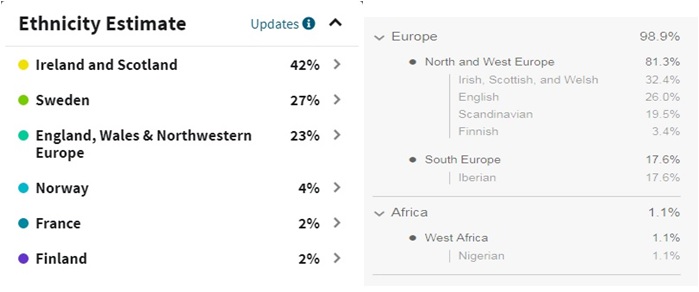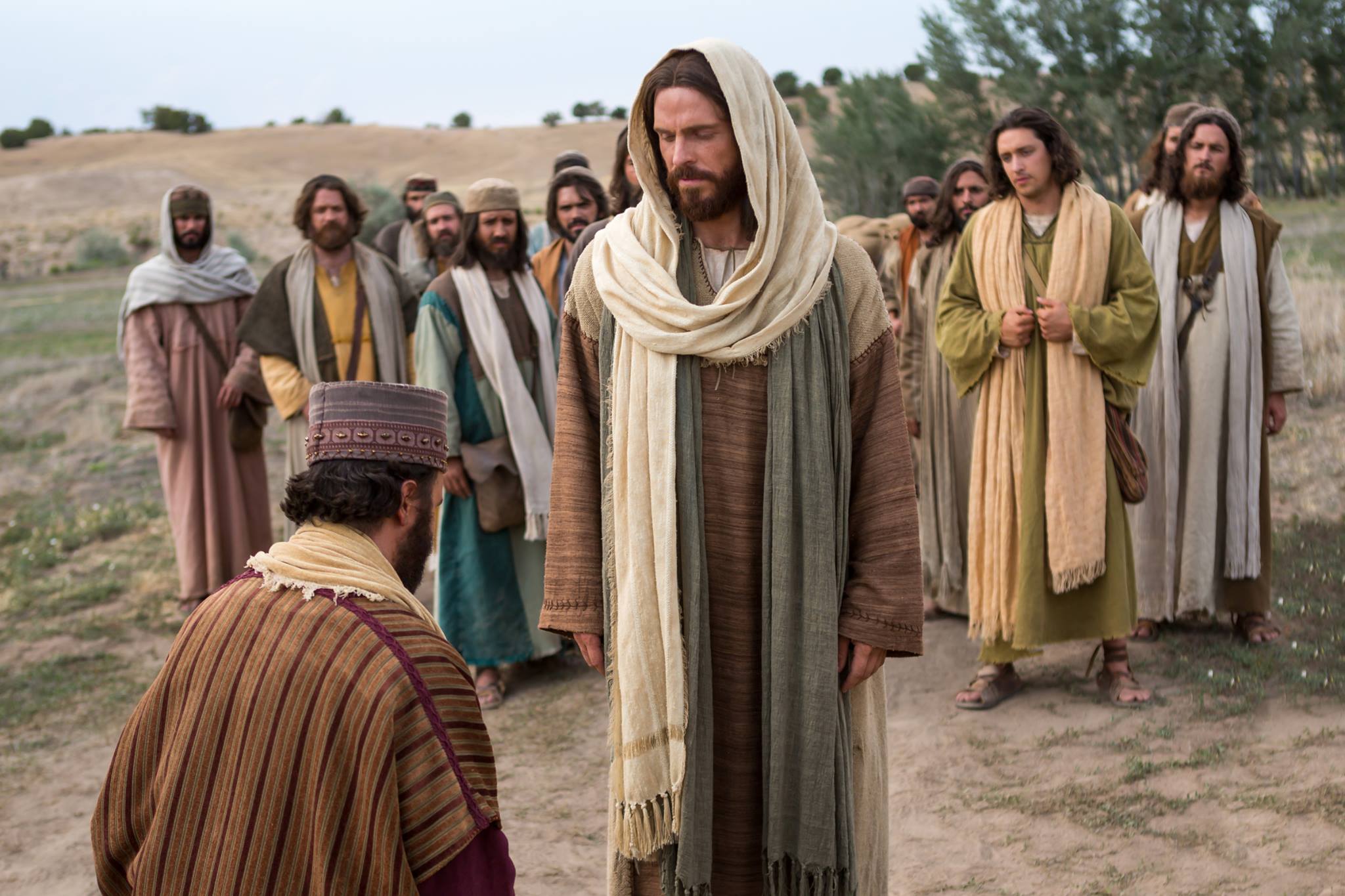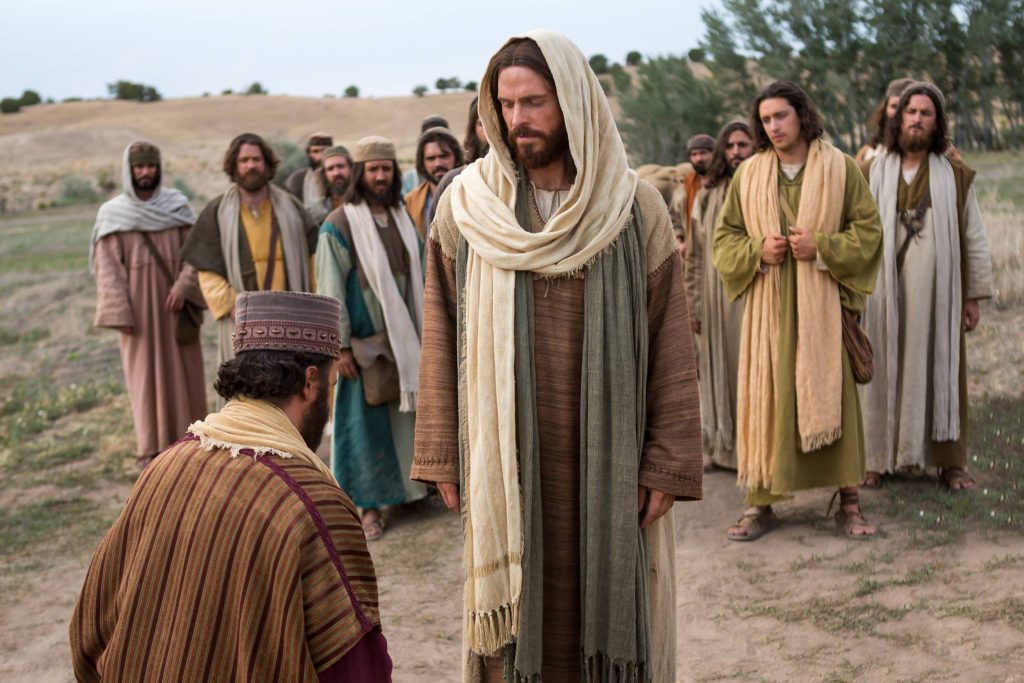
This past Wednesday evening I met with the search committee for the first meeting. The search committee, as you know, is tasked with finding my replacement. I am trying to set the bar very high, so their task will not be an easy one, but I digress. During that meeting, I painted a picture of the typical person living outside the walls of the church. We talked about age and gender, education and income levels, employment, and their desires and fears. The information comes from a variety of sources and is put together in a nice little report that can be used by search committees in their work.
After looking at who the person is, we turn to reasons why they don’t come to church. It should come as no surprise to you that the vast majority of our society do not attend church on a regular basis, now I am not saying they are not religious or spiritual just that they do not belong to a local community. In fact, belief in God is at an all-time high as well people who say they pay to that same God, but church attendance is low.
I shared with the committee some of the reasons folks give for not attending church. This is not meant as a judgment on them in any way I am merely sharing information, so we have a better idea what is going on outside the walls of the building we worship in. A large number of people do not come to church because they have little or no time. Again, this is not a judgment just stating facts. Sunday, whether we like it or not, has become just another day. That is the reality. The question is, and I do not have the answer, how do we cope with that new reality?
The second reason that scored near the top was that trust in organized religion is no longer there. Through a variety of scandals over the last few years involving church leaders, both clergy and laity, have driven people to a mistrust of church, so we have public relations problem that transparency will certainly help.
The survey results that I am using are from 2017, and this survey is conducted every five years. What the study shows is that there is a slight, but noticeable, change and that these reasons are slowly changing, but they still exist.
Now this one may be shocking to some folks, it was not all that shocking to me, but one of the main reasons people do not come to church is the belief that church, and Christians in general, are too judgmental. By the statement, we make and individuals, and as the church, both local and national, we Christians have a reputation of being too judgmental. I am just guessing, but when I mentioned that folks said they don’t have enough time to come to church some, if not all of us, rolled our internal eyes or had some other thought about time. That, my friends, is a judgment. However, it goes much deeper than that. Let’s stick a pin in that thought for a moment.
However, the most interesting reason why people do not come to church, and it was around 17% of the population in a 2.5-mile radius of our church, they were never asked to come. Now some of you might be thinking that is a lame excuse for not coming but the reality is, in this day and age, the number one reason people come to church is that they were asked. They stay by the way because of the preaching and the music, which is also the reason they leave, so that puts an enormous amount of pressure of David and me.
Today we heard a reading from the Letter to the Hebrews. This letter was written around the year 63, and although the author is unknown, it is attributed to Paul. Scholars believe this letter was written at a time when Radical Christians, although they were not called Christians at the time, believed that to be a true believer you had to conform to a set of strict rules and that non-Jews had to convert to Judaism to be considered true believers. Scholars also believe that there was another group, on the other end of the spectrum that claims that all the rules were gone. The Letter to the Hebrews attempts to strike a balance between those two thoughts.
As I had mentioned before Jesus gave us a new commandment, love God and love neighbor but he says very little about our communal nature and how we are to support one another in that command. We get that answer is the final verses of today’s scripture lesson:
“And let us consider how to provoke one another to love and good deeds, not neglecting to meet together, as is the habit of some, but encouraging one another, and all the more as you see the day approaching.”
The “Day” is judgment day.
How do we provoke one another to love and good deeds? We meet together. We encourage one another. Notice there is nothing in this passage about guilt, shame, or judgment the three biggest sins of the Christian Church today. The Christian Church today is the largest purveyor of guilt, shame, and judgment and the Day is not coming the Day is already upon us and that, my friends, is why churches are closing, and that is why our pews are empty.
This church that was founded on a supreme act of love and requires only one this in return, love, by and large, has become an institution based on rules and regulations as well as self-preservation. It is no longer about making disciples it’s about making members, increasing the number, and donors. It’s about preaching a gospel that does not offend anyone so as not to upset the base of people that support the church. In many places, we have sacrificed the very soul of the church for political gain and would instead walk the halls of power in Washington then be with the “least of these” right outside our door. We have created a church culture that is more concerned about maintaining what we have than risking it all to save one lost sheep. We have, in the words of Dietrich Bonhoeffer, we have gone after the cheap grace rather than the costly grace. We base the success or failure of a church on the number of converts and butts in the seats and not on those we help right outside our doors.
I recently saw a rather funny statement that read in part, when asking “What Would Jesus do?” remember that flipping over tables is not out of the question. Plain and simple Jesus was a radical for his time. This idea of everyone being equal in the eyes of God was a new and controversial idea. This idea that we had to care for others was a very radical idea that was offensive to many. Also, the idea that we had to love our enemies, well that was just more than many could deal with. This passage from Hebrews is coming at a time and to a church that has been radicalized and polarized all at the same time and I am not talking about the church of 63 I am talking about the church of today!
Dietrich Bonhoeffer, whom I have already mentioned, was a 20th-century German theologian that stood up against the Nazis in Germany. However, before his political opposition, he wrote about our spiritual life and the life of what he calls costly grace vs. cheap grace. He has this to say about cheap grace which I like to call the Gospel that does not offend anyone:
“Cheap grace is the preaching of forgiveness without requiring repentance, baptism without church discipline, Communion without confession, absolution without personal confession. Cheap grace is grace without discipleship, grace without the cross, grace without Jesus Christ, living and incarnate.”
Cheap grace is what allows some to say what they want and then when called out for it, they offer an apology, and we accept it without any sense of repentance or reconciliation. Cheap grace is how we justify the behavior of some politicians and religious leaders as long as we get what we want. Cheap grace is what allows us to say we are all sinners so what difference does it make. And cheap grace is what enables us, when our behavior is called out, to reply with “judge not lest ye be judged.”
In contrast to cheap grace costly grace is:
“Costly grace is the gospel which must be sought again and again, the gift which must be asked for, the door at which a man must knock.”
“Above all, it is costly because it cost God the life of His Son… and what has cost God much cannot be cheap for us.”
The church has an amazing gift to offer the world, a transformative redeeming grace that provides love for all people. This is the gift that has been given to us by the costly grace of Jesus Christ on the Cross, but it did not end there it ended with the command to go into the whole world and make disciples, not church members or donors, but disciples.
Our task is not an easy one, but it all begins by asking someone to come and see, come and see what Jesus has done for you and what Jesus can do for them.




 Inasmuch as the great Father has given us this year an abundant harvest of Indian corn, wheat, beans, squashes, and garden vegetables, and has made the forests to abound with game and the sea with fish and clams, and inasmuch as He has protected us from the ravages of the savages, has spared us from pestilence and disease, has granted us freedom to worship God according to the dictates of our own conscience; now, I, your magistrate, do proclaim that all ye Pilgrims, with your wives and little ones, do gather at ye meeting house, on ye hill, between the hours of 9 and 12 in the day time, on Thursday, November 29th of the year of our Lord one thousand six hundred and twenty-three, and the third year since ye Pilgrims landed on ye Pilgrim Rock, there to listen to ye pastor, and render thanksgiving to ye Almighty God for all His blessings.
Inasmuch as the great Father has given us this year an abundant harvest of Indian corn, wheat, beans, squashes, and garden vegetables, and has made the forests to abound with game and the sea with fish and clams, and inasmuch as He has protected us from the ravages of the savages, has spared us from pestilence and disease, has granted us freedom to worship God according to the dictates of our own conscience; now, I, your magistrate, do proclaim that all ye Pilgrims, with your wives and little ones, do gather at ye meeting house, on ye hill, between the hours of 9 and 12 in the day time, on Thursday, November 29th of the year of our Lord one thousand six hundred and twenty-three, and the third year since ye Pilgrims landed on ye Pilgrim Rock, there to listen to ye pastor, and render thanksgiving to ye Almighty God for all His blessings.

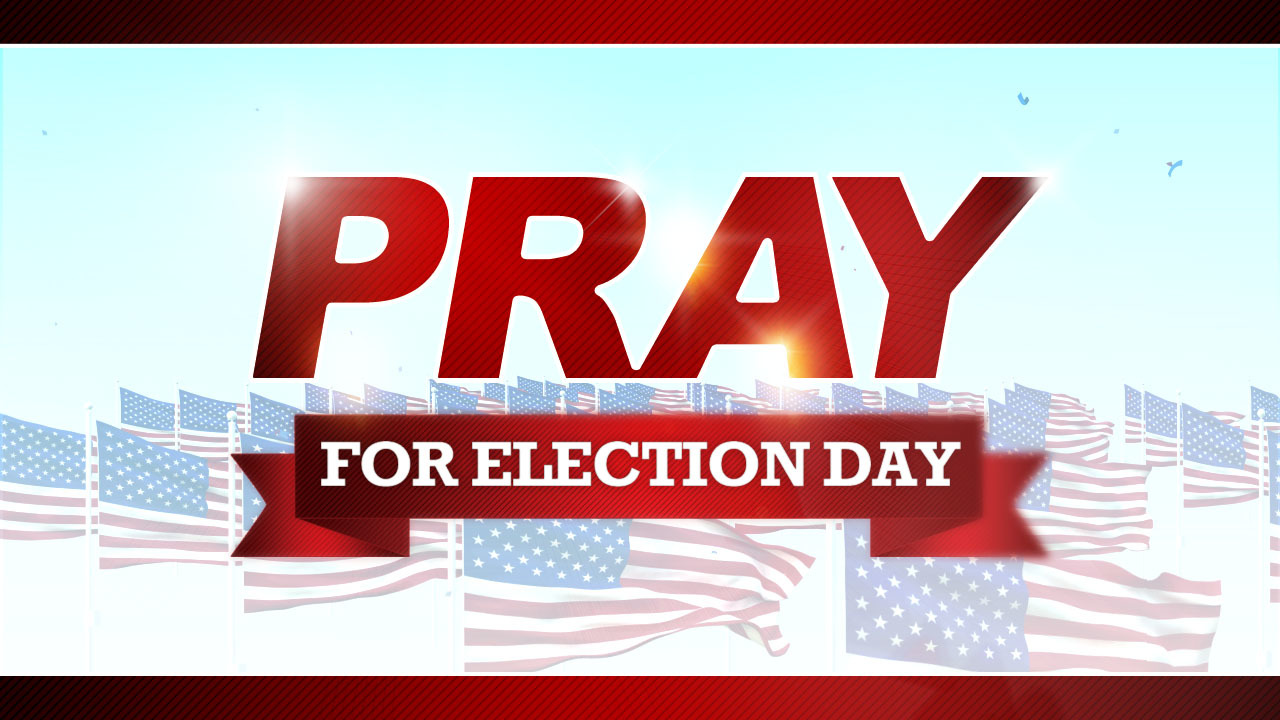
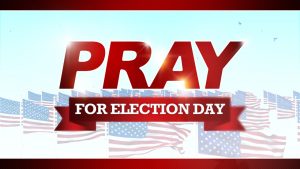

 Yesterday, like so many around our country, I was going about my day. I was folding my just washed laundry and watching Mountain Men on the History Channel. It was raining so I could not work outside, I could not cut my grass that so desperately needed cutting. I was also preparing for a wedding that I was going to officiate yesterday afternoon, and there were some last minute details to take care of for that, so my day was rather full. Then my phone chirped that there was a breaking news story.
Yesterday, like so many around our country, I was going about my day. I was folding my just washed laundry and watching Mountain Men on the History Channel. It was raining so I could not work outside, I could not cut my grass that so desperately needed cutting. I was also preparing for a wedding that I was going to officiate yesterday afternoon, and there were some last minute details to take care of for that, so my day was rather full. Then my phone chirped that there was a breaking news story.
